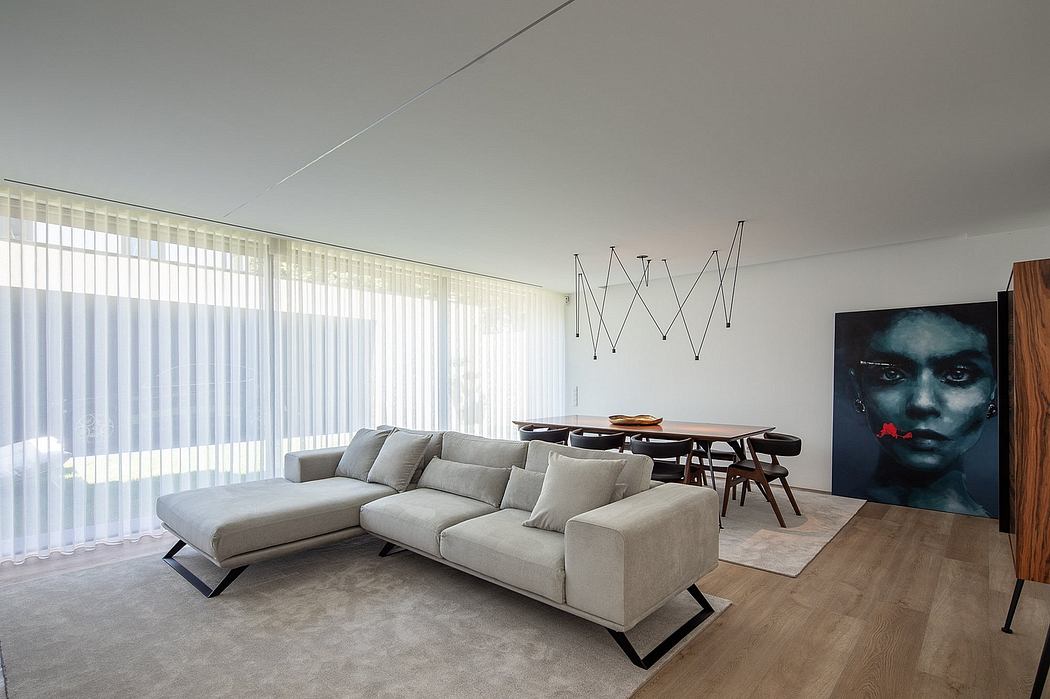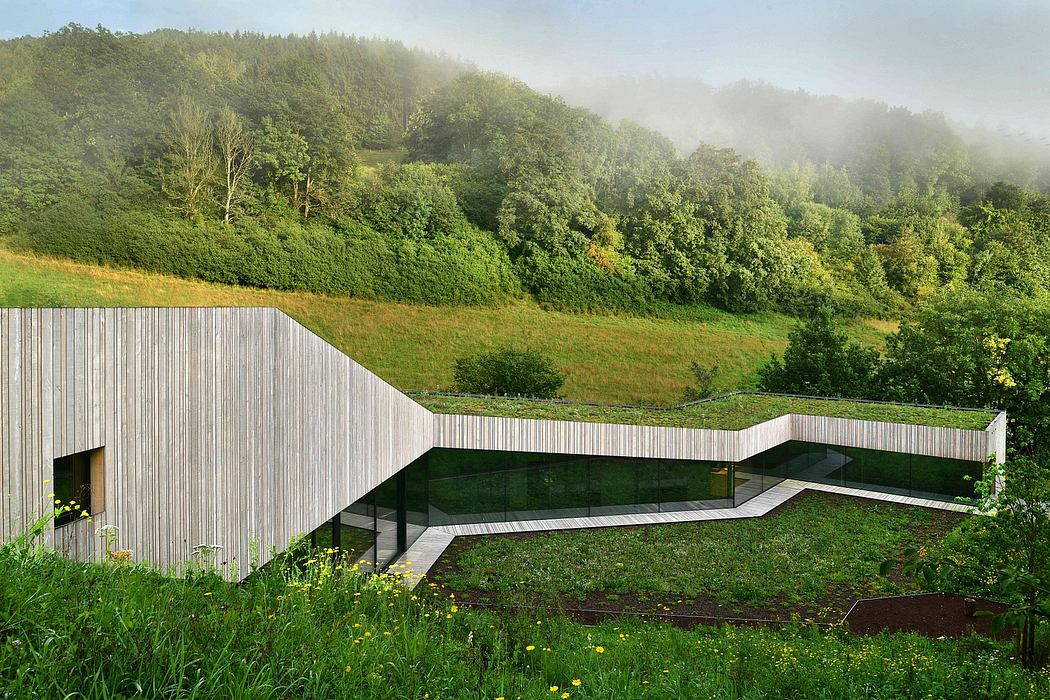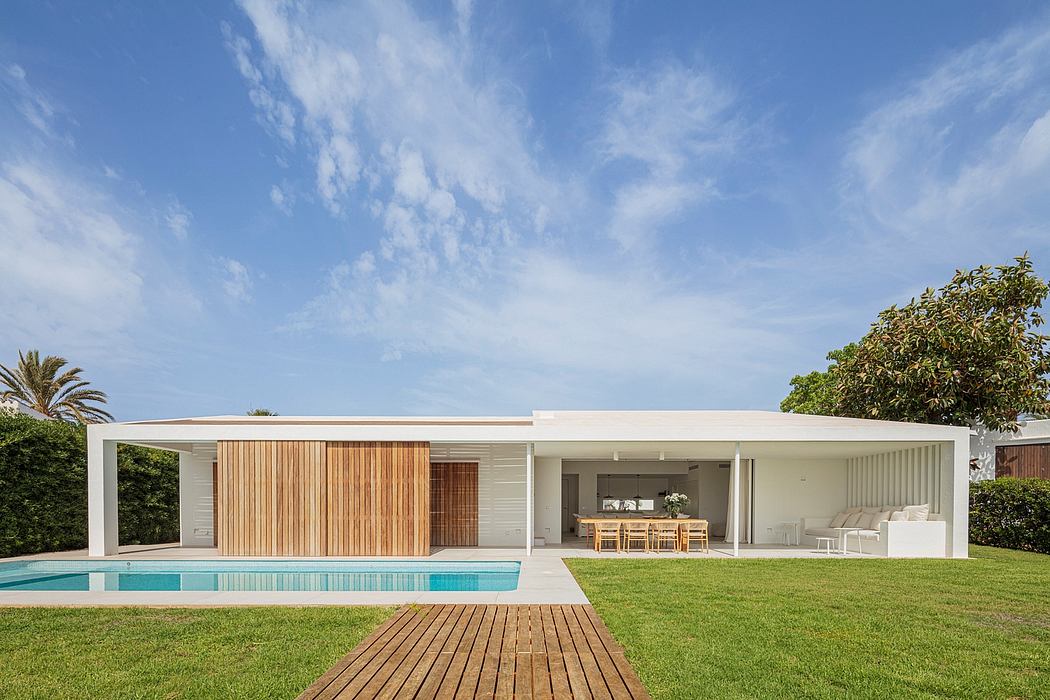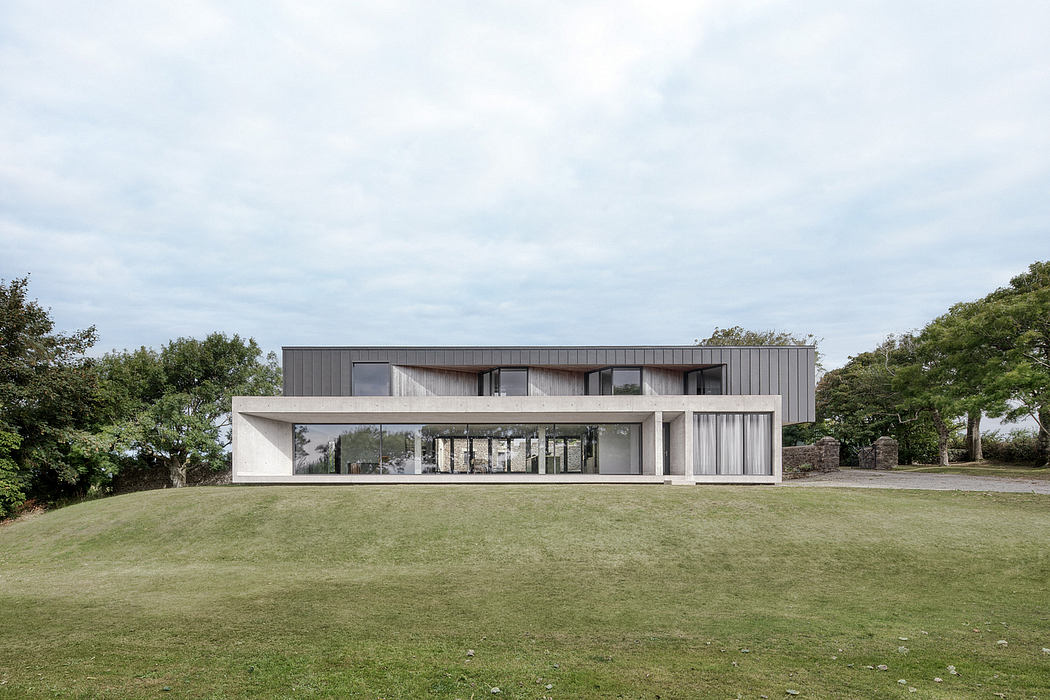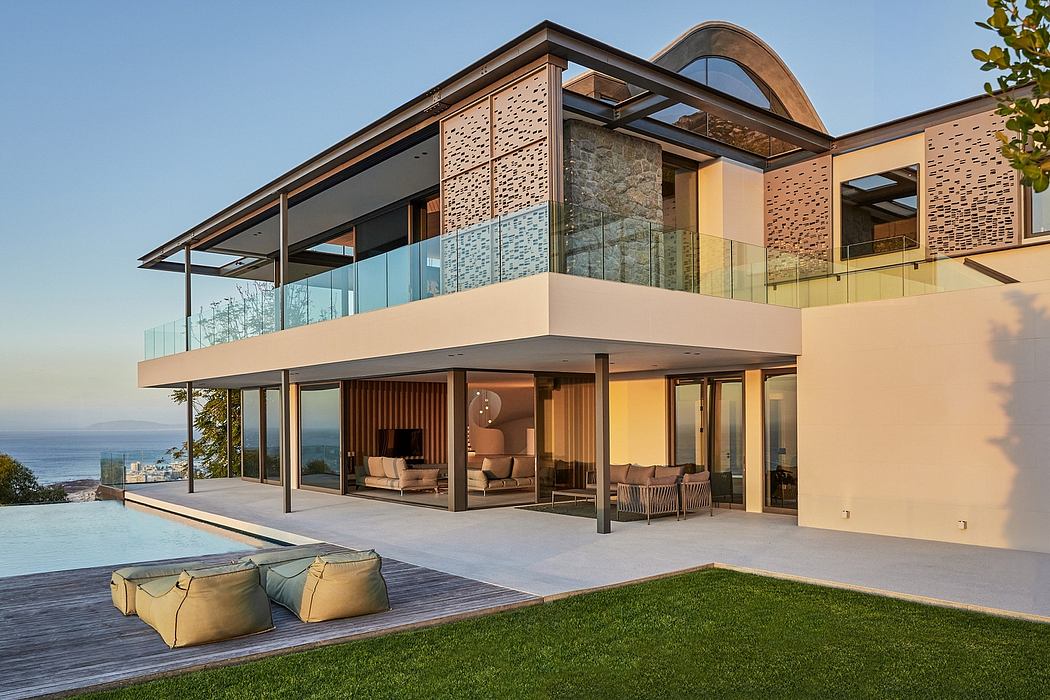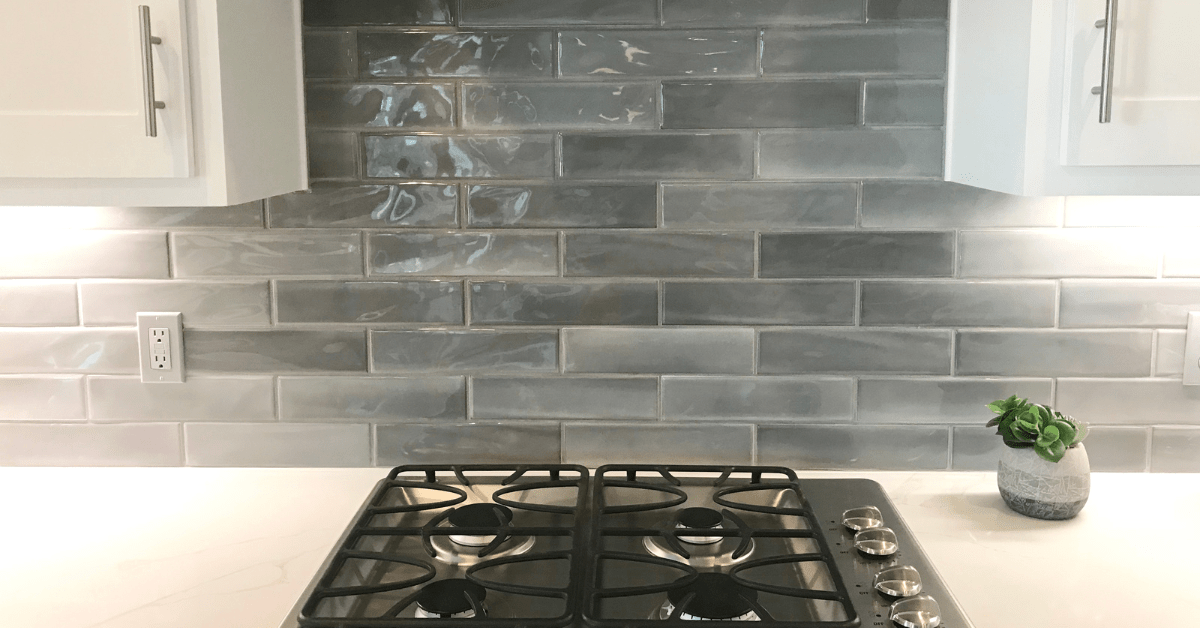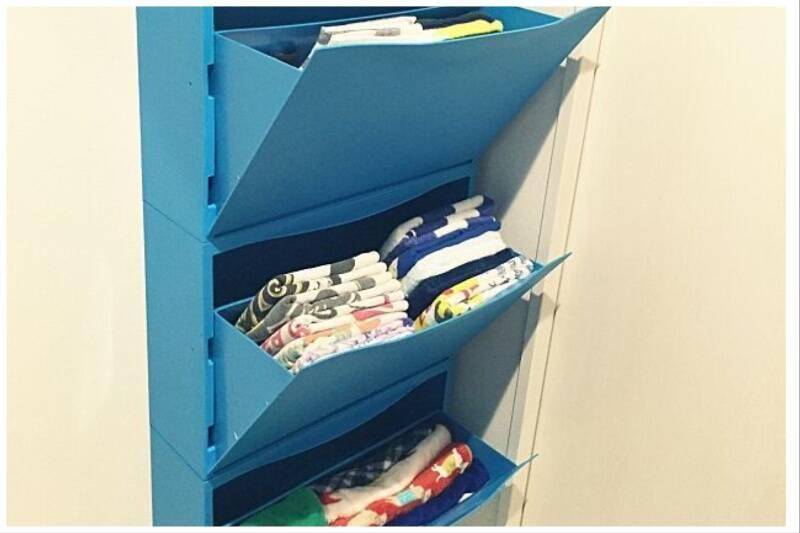Amazon HQ2: Why some cities feel like winners, despite losing

The bid process to sell Jeff Bezos on a second hometown have helped cities change their economic development strategy In January, when Amazon announced a shortlist of 20 cities still in contention for the company?s second headquarters, hundreds of mayors and economic development officials across the country felt the sting of rejection. Amazon even made calls to many of the cities dropped from what some have called the ?urbanist Super Bowl,? explaining why they didn?t make the cut.
This wasn?t a ?it?s not you, it?s me,? kind of conversation: in a few cases, Amazon reps even made specific suggestions on how cities can improve their standing, such as pointing out Detroit?s transit deficiencies.
It?s only natural for local leaders to feel like they lost out. More than 200 cities across North America have been denied the chance to become the second home of the trillion-dollar tech firm, a prize that came with a promise of 50,000 high-paid employees and $5 billion in investment. But nine months after the shortlist was announced, as Amazon continues the process of finding a second home, it?s clear many cities don?t see the loss of HQ2 as a total loss. In many cases, the process has refined how cities pitch themselves and underlined investment in local tech talent, or led to unexpected opportunities after playing a part in one of the biggest corporate incentive contests in history.
Some have even taken the feedback to heart; Detroit, for instance, released a wide-ranging n...
| -------------------------------- |
| Addressing homelessness, students use scavenged materials to create "Tiny Homes" |
|
|





